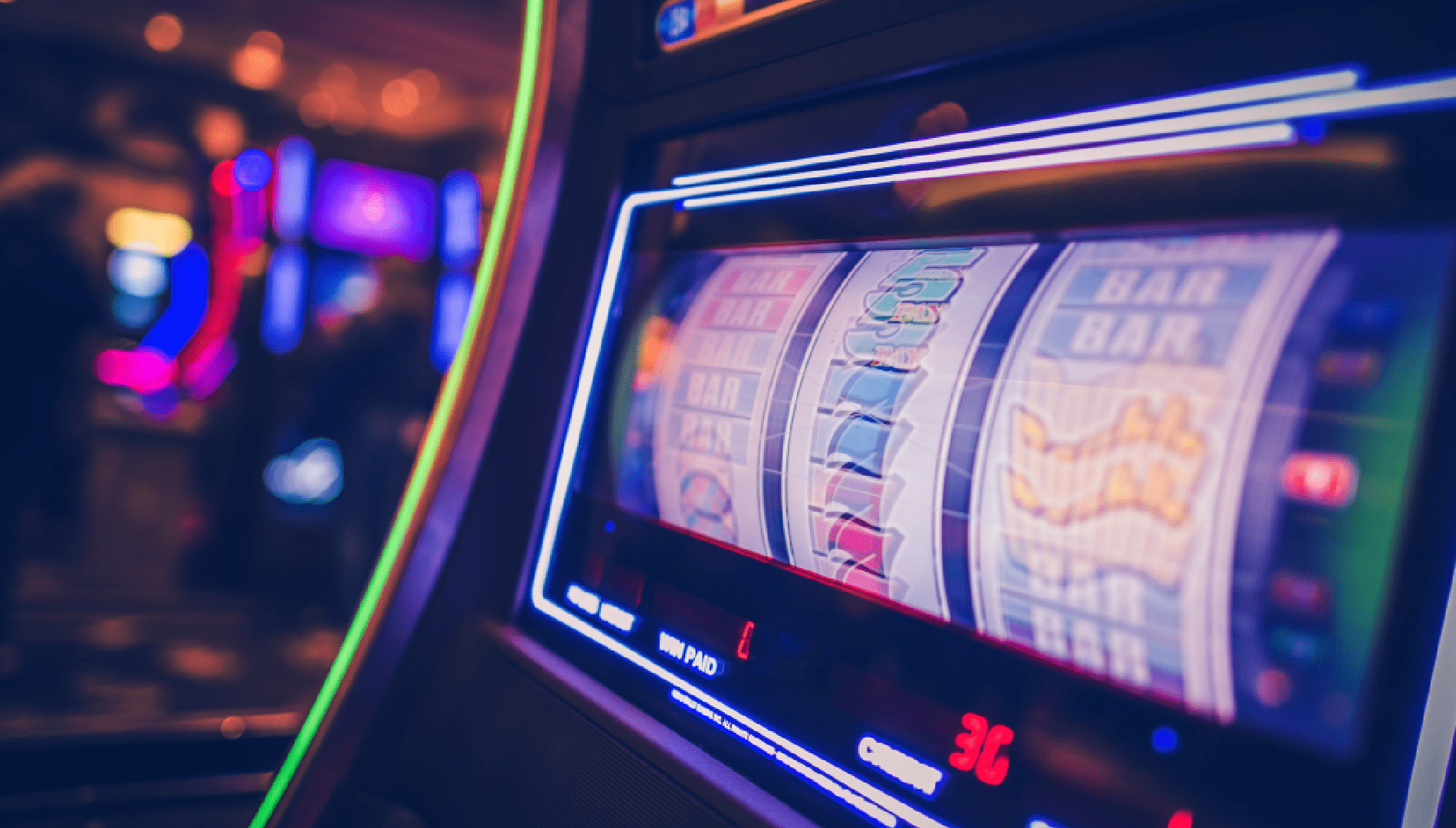
The business that makes Pennsylvania Skill games, the slot-like machines that take up a lot of floor space in grocery stores, retail shopping centers, restaurants, and bars, claims that their gaming devices are not in direct competition with casino slot machines.
With gross gaming revenue (GGR) of around $521 million, the state's commercial gaming industry—which includes 17 physical casinos, iGaming, retail and online sports betting, fantasy sports, and video gaming terminals—reported its best May ever. The Georgia-based software company Pace-O-Matic (POM), which created the Pennsylvania Skill games' operating system, defended its games in a news release and congratulated the casinos on their May to remember.
"These numbers show that there is room in the state for both casinos and small businesses that operate skill games to be successful. There is no competition between the two,” declared Mike Barley, a POM spokesperson.
The Supreme Court of Pennsylvania will shortly consider whether skill games are allowed in the state. State Attorney General Michelle Henry is appealing decisions from lower courts that, according to the state's Gaming Act, do not classify the games as unlawful gambling machines since they require some degree of skill.
The casinos don't agree with Barley's claim that players in skill games aren't in competition with one another.
Speaking last week, representatives from Parx, the wealthiest casino in the state, stated that they would not proceed with the construction of a $100 million hotel until the legal drama around skill games was resolved. Meanwhile, Parx is purchasing a tiny hotel next door to provide guests with on-site accommodations.
Barley says the casinos are simply being greedy.
"Sadly, $521 million a month is not enough to satisfy the greedy casino industry,” Barley stated. “Instead, they want to kill small businesses, American Legions, volunteer fire companies, Moose Lodges, and other places that count on income from skill games.”
Although POM and other supporters of skill gaming have urged state legislators to enact laws to provide a regulatory framework for the machines, skill games are now untaxed and uncontrolled. Currently, the host company, manufacturer, route distributor, and game developer split the money.
A bill to impose a 16% tax on the gross earnings of skill games was on hold in the capital city of Harrisburg due to the ongoing legal conflict surrounding the industry. Congressman Josh Shapiro (D) has proposed a far higher rate of 42%.
According to Barley, a low tax is essential to the machines' ability to keep giving small businesses vital cash resources that have helped them combat inflation.
“These locations could never afford to pay the same tax rate that wealthy casinos pay. Casinos know that but they simply don’t care,” Barley said.
The Commonwealth Court of Pennsylvania unanimously maintained the decision of a subordinate court that skill games are not gambling games in late November. The court ruled that in order for a game to qualify as gambling, chance must have a greater influence on the result than ability.
"Simply because a machine involves a large element of chance … is insufficient to find the machine to be a gambling device,” Dauphin County Judge Andrew Dowling wrote.
Henry disagrees and is asking the state Supreme Court to reconsider and classify skill games as illegal gambling machines.
Promoted casinos refer to online gambling platforms that are actively marketed and recommended by various sources, including websites, affiliates, and influencers. These casinos often feature prominently in advertisements and top lists due to their attractive offers, high-quality games, and reputable services.
Instead of having to go to a real casino, players may enjoy their favorite games whenever they want, from any location. Those who reside far away from a land-based casino or have hectic schedules will find this particularly enticing.
In comparison to land-based casinos, online casinos frequently have a greater selection of games. This covers many kinds of table games, live dealer games, slots, and specialty games.
The security and anonymity that come with playing online are valued by many players. Without the possible distractions or social pressure of actual casinos, they can play their favorite games.
Numerous payment options are available at online casinos, including bank transfers, e-wallets, credit/debit cards, and even cryptocurrency. It is simpler for players to deposit and withdraw money thanks to this flexibility.